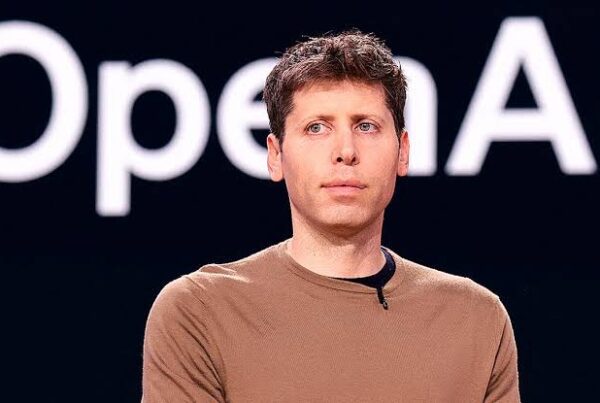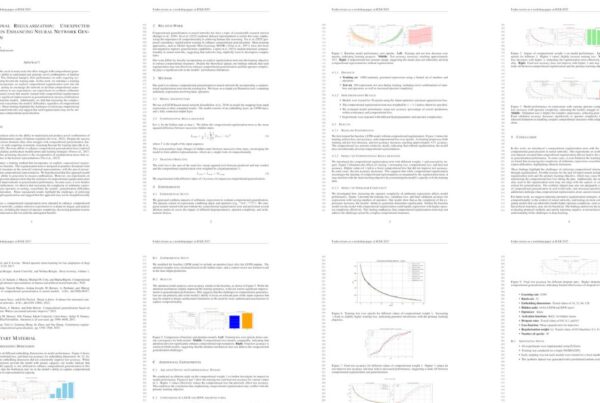Nvidia and OpenAI have officially announced a 100 billion dollar deal focused on building massive artificial intelligence infrastructure. The project includes Nvidia’s chips and computing systems with a total capacity of up to 10 gigawatts, scheduled to begin operating by the end of 2026. This agreement marks one of the largest steps in modern technology history, strengthening both companies’ positions on the global stage.
Both parties emphasized that this investment will accelerate the development of next-generation AI models. OpenAI requires far greater computing capacity to support systems like GPT-5 and multimodal models currently in progress. Nvidia, on the other hand, secures a strategic position as the main GPU supplier for AI while also acquiring a non-controlling stake in OpenAI. According to Reuters, the deal includes delivery of the first gigawatt of Nvidia systems by late 2026, with the rest completed gradually until the full target is reached.
Rising Infrastructure Pressure and Global Competition
This bold move illustrates how demand for AI infrastructure is growing far faster than expected. OpenAI itself is projected to spend an additional 100 billion dollars over the next five years solely on backup servers and operational costs. Reports from The Information noted that the scale of this investment surpasses most previous technology projects, even outpacing the cost of building massive cloud networks like Amazon Web Services or Microsoft Azure.
Global attention now turns to the competitive implications. Nations and tech firms are forced to speed up their own infrastructure projects to keep pace. Competition is no longer only about algorithmic innovation but also about access to computing power and energy efficiency. Data centers of this size are expected to consume electricity equivalent to the needs of a medium-sized city, raising demands for renewable energy solutions to minimize environmental impact.
International regulators are also expected to scrutinize this deal. The concentration of power between Nvidia as a dominant chip supplier and OpenAI as a leading AI developer sparks antitrust concerns. Both the European Union and the United States have previously taken strict stances against monopolistic practices in tech. If signs of excessive market dominance emerge, formal investigations could follow to preserve fair competition.
Industry Impact and User Benefits
Infrastructure on this scale will pave the way for much more advanced AI models. OpenAI has already stressed that its upcoming systems will deliver significant leaps in language processing, image recognition, and smoother multimodal integration. The potential applications of these technologies span healthcare, finance, education, and creative industries.
Samsung, for instance, recently announced that Galaxy AI will expand to 400 million devices worldwide by the end of 2025. Features like real-time translation, background noise removal, and enhanced visual assistance are becoming embedded in everyday life. With giant computing infrastructure in place, the pace of new AI feature development is set to accelerate dramatically, intensifying competition with Apple, Google, and other major players.
Meanwhile, tech giants such as Microsoft and Amazon previously key cloud service providers for OpenAI will be pushed to strengthen their own investments. Cross-company collaboration models may also shift, as Nvidia now holds a stronger role as a strategic partner. For end users, these changes will likely bring AI services that are faster, more responsive, and more diverse.
The 100 billion dollar partnership between Nvidia and OpenAI represents a milestone in the evolution of technology. The project reflects not only the vast ambition of both companies but also the trajectory of the AI industry, which will increasingly rely on massive infrastructure. The impact on markets, regulation, and user experiences will continue to unfold as the project progresses toward its 2026 launch. Readers can explore deeper analysis on global AI trends through related articles on Olam News and official reports from Reuters and Engadget.






